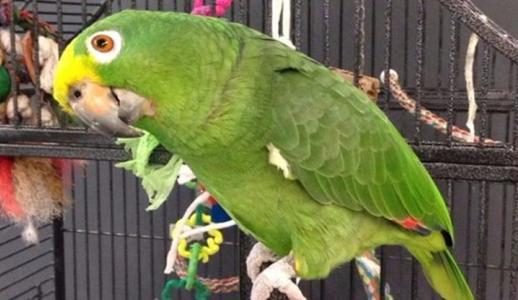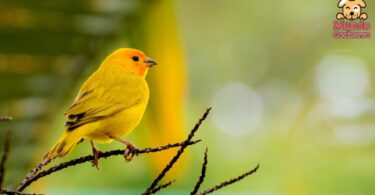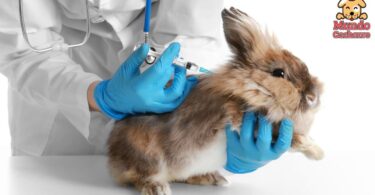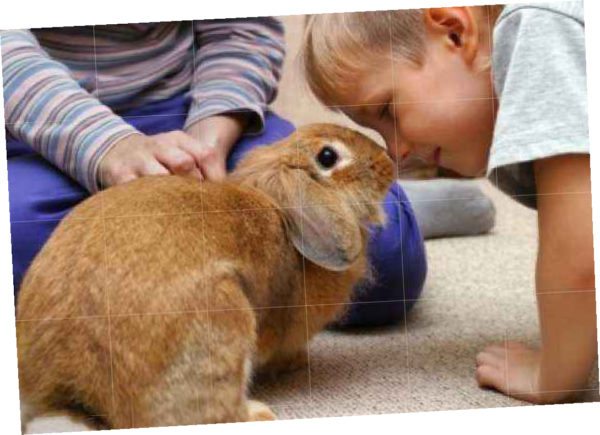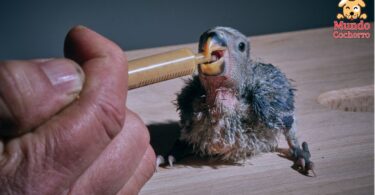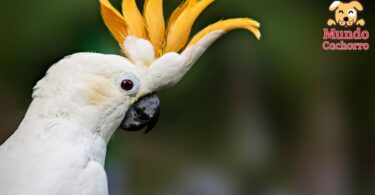Indice
Parrots, in all their species, are delicate animals, with an incomparable beauty that, added to their intelligence and charisma, make them one of the favorite companions for humans. To ensure the well-being and happiness of a parrot, special attention should always be paid to the following elements your careThis includes their feeding, habitat, hygiene, play and interaction with the world around them, as they are vulnerable to certain diseases and parasites, as well as suffering from depression and anxiety.
Habitat and hygiene
The cage and the environment in which the parrot is placed are of vital importance for it to feel comfortable in its new home. Not to mention that the cleanliness of the cage, food and water containers, toys, as well as other elements with which it may interact, play a crucial role in its health.
It is recommended that the cage be large, regardless of the size of the parrot, and square or rectangular in shape, as this allows for greater movement. The setting of the cage is an important element, especially with regard to the placement of toys, branches or artifacts that allow it to stay active and drain energy.
The cage should be thoroughly cleaned at least once every two to three weeks. Maintaining a daily cleaning routine with regard to food and water containers, the cage and any other element inside the cage that is exposed to easy soiling. Special attention must be paid to the cleaning product used!
Food and hydration
A balanced diet is essential for the care of a parrot, so they should always be provided with a balanced diet consisting of fruits, vegetables, seeds, among other foods that help to complete their nutrition.
Varying meals and making sure there is a good balance of fruits, vegetables and seeds is most important, as well as avoiding giving them too much food during the day.
The best thing to do is to be properly informed of the species and size of the bird in order to provide the most appropriate amount for it. Pay special attention to the foods your parrot can and cannot eat!
Also make sure that the parrot always has fresh, clean water and change it daily to avoid bacteria and fungus.
Interaction with the environment
Parrots are sensitive animals and can suffer from stress if they are not comfortable with their environment, especially with people and other animals. Interaction with the bird should always be done with calm, patience and understanding, shouting, constant movement or threatening signals could easily affect its health.
This point is vital, not only for the parrot to trust the person, but for its health and happiness. It is the responsibility of his caregiver to provide a friendly and pleasant home and interaction for him.
Image courtesy of (wakyma.com), all rights reserved.


